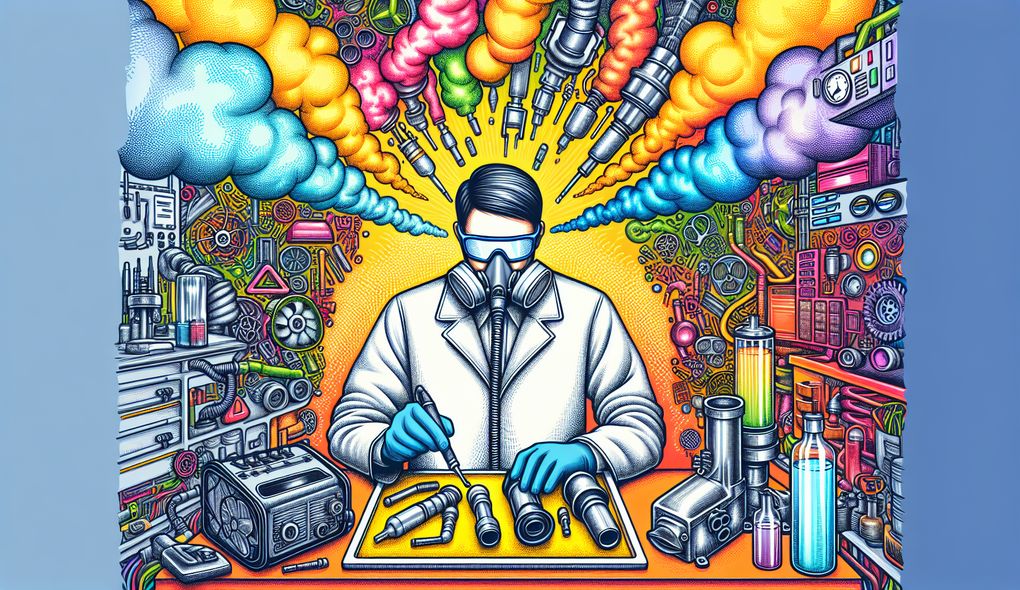What is your approach to mentoring and training junior engineers?
SENIOR LEVEL

Sample answer to the question:
My approach to mentoring and training junior engineers is to provide them with hands-on experience and guidance. I believe in creating a supportive and collaborative environment where they feel comfortable asking questions and seeking guidance. I would start by conducting regular one-on-one meetings to understand their strengths, weaknesses, and goals. I would then assign them projects that align with their interests and gradually increase the complexity of the tasks as they gain more experience. I would encourage them to take ownership of their work and provide constructive feedback to help them improve. Additionally, I would provide resources such as technical documents, online courses, and industry conferences to enhance their knowledge and skills.
Here is a more solid answer:
In mentoring and training junior engineers, I take a comprehensive approach that encompasses leadership, communication, collaboration, and technical knowledge. To begin, I establish a strong foundation by conducting a thorough assessment of their skills and areas for growth. Through regular one-on-one meetings, I help them set achievable goals and create a development plan. I believe in providing hands-on experience and assigning projects that challenge their abilities while providing support and guidance when needed. Communication is key in this process, and I ensure that there is open and transparent communication between the junior engineers and myself. Collaboration is also essential, and I encourage teamwork by fostering a culture of trust, respect, and knowledge sharing. Finally, I leverage my own technical expertise to offer mentorship in areas such as analytical and problem-solving skills, environmental engineering principles, and the use of CAD and simulation software for system design. I also provide resources such as industry literature, training courses, and networking opportunities to expand their knowledge and keep up with advancements in the field.
Why is this a more solid answer?
The solid answer addresses all the evaluation areas mentioned in the job description and provides more specific details and examples of the candidate's approach to mentoring and training junior engineers. It showcases their leadership, communication, collaboration, and technical knowledge, making it a more comprehensive answer.
An example of a exceptional answer:
When mentoring and training junior engineers, I believe in empowering them to become self-sufficient and confident professionals. I start by immersing them in real-world projects, allowing them to experience the entire project lifecycle and gain exposure to different aspects of emissions control engineering. I provide them with opportunities to lead smaller projects and make decisions, while still offering guidance and support. Additionally, I encourage them to take ownership of their professional development by setting personal and career goals. I provide continuous feedback and conduct performance reviews to ensure they are on track and address any areas that need improvement. I also promote a culture of knowledge sharing, where they can learn from their peers and senior engineers through regular team meetings and workshops. Lastly, I recognize and celebrate their achievements to boost their confidence and motivation. By implementing this approach, I have successfully mentored and trained junior engineers who have gone on to excel in their careers.
Why is this an exceptional answer?
The exceptional answer goes above and beyond the solid answer by highlighting the candidate's approach to empowering junior engineers and providing them with a holistic development experience. It demonstrates a deep understanding of mentorship and showcases the candidate's ability to foster a supportive and growth-oriented environment. Additionally, it provides specific examples of how the candidate has successfully mentored and trained junior engineers in the past.
How to prepare for this question:
- Familiarize yourself with the technical knowledge required for the role, including environmental engineering principles and emissions control systems.
- Reflect on your past experiences mentoring and training junior engineers. Identify specific examples and achievements that highlight your leadership and communication skills.
- Research industry best practices in mentoring and training to stay updated on current trends and methodologies.
- Think about how you can create a collaborative and inclusive environment for junior engineers to thrive in.
What are interviewers evaluating with this question?
- Leadership
- Communication
- Collaboration
- Technical Knowledge

